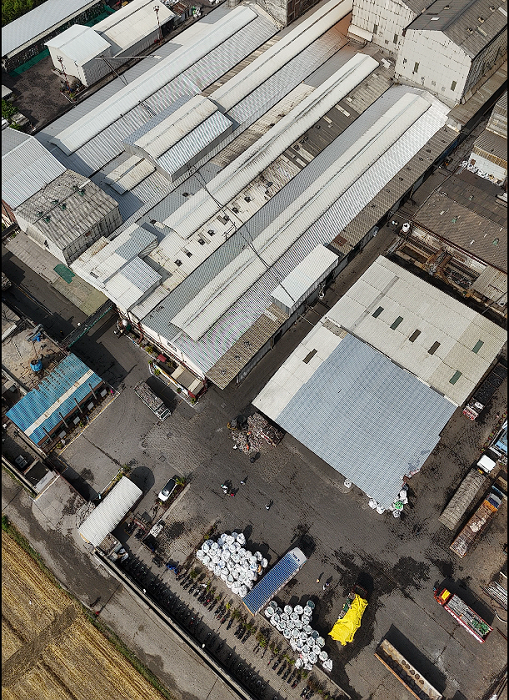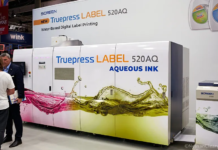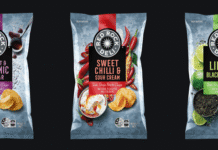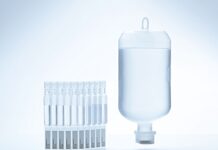
Uttarakhand-based packaging and recycling specialist Pashupati Group showcased its PET and polyolefin granules at the second edition of Global Conclave on Plastics Recycling and Sustainability (GCPRS) in Delhi in June. The company had participated in the previous show as well.
“We have received a great response in the 2024 and 2025 editions. These exhibitions and conferences bind the industry together. It allows us to showcase what we are recycling, how we are recycling, and what we are doing for the betterment of society,” Saurabh Kumar Goenka, director, Pashupati Group told Packaging South Asia.
FIBC bags
The company has two plants for its packaging vertical – one in Kashipur, Uttarakhand, with the second in Jaipur, Rajasthan, where woven bags of various sizes are manufactured according to customer-specific needs and requirements. The sizes of the flexible intermediate bulk containers (FIBC) bags can vary from 5 kg to one ton in capacity, with the larger FIBC bags mainly used for exports, Goenka said, adding the combined monthly capacity of the two plants is 50,000 tons.
Pashupati Group’s FIBC packaging facilities at Kashipur and Jaipur are equipped with 12 extrusion tape lines for FIBC fabric production. The company recently introduced FIBC bags with recycled content, Goenka said, adding that in India FIBC bags are supplied to big names in the cement, fertilizer, and sugar industries, along with the polymer industry, with exports to the US, Europe and Australia.
According to Goenka, the Pashupati Group has been in the FIBC segment for a long time, and the company differentiates itself from competitors in terms of experience in this field, capabilities, and the ability to provide a one-stop solution to all packaging needs.
Pashupati’s recycling facilities
Pashupati Group has five recycling plants across India – three in Kashipur, Uttarakhand, with one each in Hyderabad, Telangana and Alwar in Rajasthan. In these plants, the company mainly recycles PET along with other polyolefin materials such as polypropylene (PP), high-density polyethylene (HDPE) and low-density polyethylene (LDPE), Goenka said, while adding the total recycling capacity of the six plants is 300,000 tons per year.

Pashupati’s recycling units tie up with petrochemical giants such as Reliance, Borouge, and Sabic to meet the plastic packaging industry’s demand. Recycled PET is exported to more than 25 countries with a major focus on the US, Middle East, and Europe.
On the use of deinking technologies for recycling, Goenka said, “We use deinking technology mostly to recycle milk pouches. In India, milk is consumed daily. Milk pouches end up in the landfills and create a lot of smell. We are rectifying this problem by recycling milk pouches. Deinking technology to remove ink from milk pouches helps produce cleaner and appealing granules, which can be reused in packaging.”
The company’s recycling facilities work on mixed plastic waste, which includes PET bottles and jars, HDPE and LDPE bottles, along with flexible packaging waste. Pashupati Group is connected with more than 500 collection centers across India, comprising ragpickers, waste collection centers, and materials recovery facilities.
While Lohia Corp machines are being used for FIBC manufacturing, Pashupati’s recycling facilities use a mix of German and Chinese machines.










